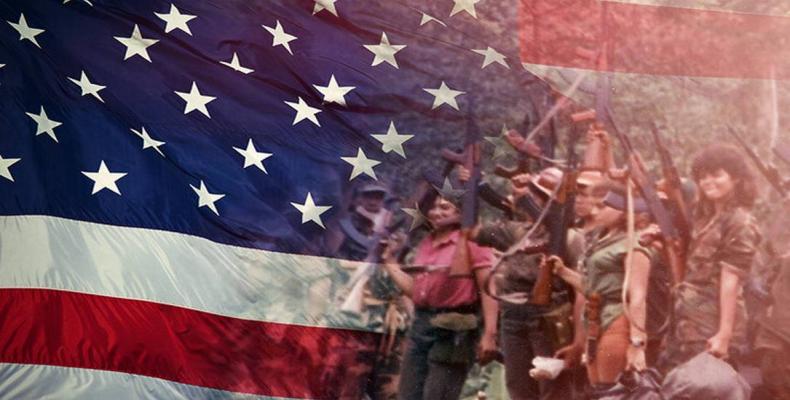Isolated by the Covid-19 pandemic, but united in one great collective memory, hundreds of thousands of Latin Americans remembered two disastrous events that occurred in our region some decades ago, leaving indelible marks in the countries.
On March 24, 1976, a coup d'état was carried out in Argentina, establishing a bloody military dictatorship responsible for more than 30 thousand murders and disappearances, dozens of thousands of tortured and exiled, and a wave of profound terror in Argentinian society.
A grim example of the state terrorism implemented for years in the South American nation is the confession in 1995 by Captain Alfonso Scilingo that he had thrown alive into the sea some 30 prisoners in the late 1970s. The military recognized that between 1,500 and 2,000 Argentinians, considered enemies of the dictatorship, suffered the same fate.
On another March 24, of 1980, in the small chapel of the La Divina Providencia Hospital, in San Salvador, archbishop Oscar Arnulfo Romero, was murdered, shot in the head for denouncing the crimes of the army against the people. A day before, during a mass, the prelate popularly known as the Saint of America, had signed his death warrant, when he demanded publicly that the armed forces stop the oppression.
There are two common points between the Argentinian and Salvadoran fascists, as well as some others of the same species that bloodied our region during those years. First, in most cases they escaped the punishment of the systems of justice for their abuses. And secondly, which to some extent explains the first, is that all were trained in the hateful School of the Americas, founded by the United States to teach how to torture, murder, kidnap and terrorize.
Of that School were Scilingo and his colleagues, who threw mostly young, defenseless prisoners alive into the sea; as was the sniper who killed Monsignor Romero, and as were those who murdered four American nuns in El Salvador and the Jesuits of the Central American University.
Therefore, the clamor for "truth and justice" prevailed over the deafening silence that united thousands and thousands of Latin Americans, isolated by the pandemic but united in memory, as demonstrated by the white handkerchiefs hung on the Argentinian balconies and the candles lit in Salvadoran homes. And united by the just call that never again will similar barbarities occur in our lands.


